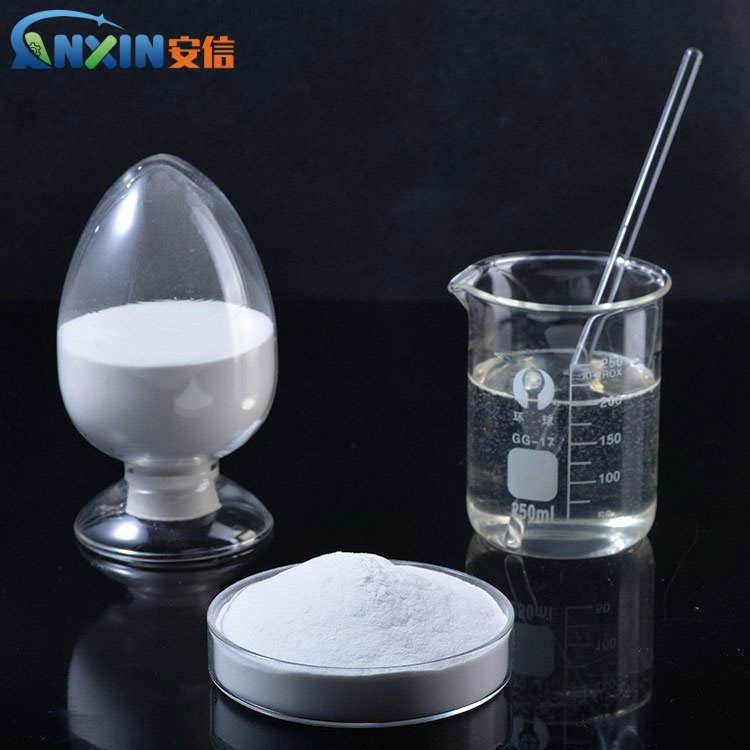Applications of Cellulose Ether in Different Fields
Cellulose ethers are versatile compounds derived from cellulose, a natural polymer found in plant cell walls. Through chemical modification, cellulose ethers exhibit a wide range of properties that make them valuable in various industries.
Construction Industry:
Mortars and Cement: Cellulose ethers act as water retention agents, improving workability and adhesion of mortars and cementitious materials. They also enhance consistency and reduce sagging.
Tile Adhesives: They improve open time and adhesion strength of tile adhesives, ensuring better performance and durability.
Gypsum Products: In gypsum-based products like plaster and joint compounds, cellulose ethers serve as rheology modifiers, controlling viscosity and improving application properties.
Pharmaceuticals:
Tablet Binders: Cellulose ethers are used as binders in tablet formulations, providing cohesion and tablet integrity during compression.
Coating Polymers: They form a protective film on tablets, controlling drug release and enhancing stability.
Suspension Stabilizers: In liquid formulations, cellulose ethers prevent sedimentation and provide uniform suspension of particles.
Food Industry:
Thickening Agents: Cellulose ethers are utilized as thickening agents in various food products such as sauces, dressings, and desserts, improving texture and mouthfeel.
Stabilizers and Emulsifiers: They stabilize emulsions, preventing phase separation in products like salad dressings and ice creams.
Fat Replacers: In low-fat or fat-free food products, cellulose ethers mimic the texture and mouthfeel of fats, enhancing sensory properties.
Personal Care Products:
Cosmetics: Cellulose ethers are used in cosmetics and personal care products such as creams, lotions, and shampoos as thickeners, stabilizers, and film formers.
Oral Care: In toothpaste formulations, they contribute to the desired viscosity and texture, aiding in effective cleaning and product stability.
Topical Formulations: Cellulose ethers serve as viscosity modifiers and emollients in topical medications and skincare products.
Paints and Coatings:
Latex Paints: Cellulose ethers function as thickeners in latex paint formulations, improving brushability and preventing sagging.
Water-Based Coatings: They enhance the flow and leveling properties of water-based coatings, resulting in smooth and uniform film formation.
Texture Coatings: In textured coatings, cellulose ethers control the rheology, imparting desired texture and consistency.
Oil and Gas Industry:
Drilling Fluids: Cellulose ethers are added to drilling fluids as viscosifiers and fluid loss control agents, ensuring efficient drilling operations and wellbore stability.
Enhanced Oil Recovery: In enhanced oil recovery techniques such as polymer flooding, cellulose ethers improve the viscosity of injected fluids, enhancing sweep efficiency and oil recovery.
Textile Industry:
Textile Printing: Cellulose ethers are used as thickeners in textile printing pastes, providing viscosity control and improving print definition.
Sizing Agents: They serve as sizing agents in textile processing, imparting strength and stiffness to fibers during weaving.
Paper Industry:
Paper Coating: Cellulose ethers improve the surface properties of paper by enhancing smoothness, ink receptivity, and printability in coating formulations.
Retention and Drainage Aids: In papermaking, they act as retention aids, improving fiber retention and drainage efficiency, leading to better paper quality and production efficiency.
cellulose ethers find extensive applications across diverse industries due to their unique properties such as thickening, stabilizing, and film-forming capabilities. Their contributions to product performance, processing efficiency, and end-user experience make them indispensable components in numerous formulations and processes.
Post time: Apr-16-2024
